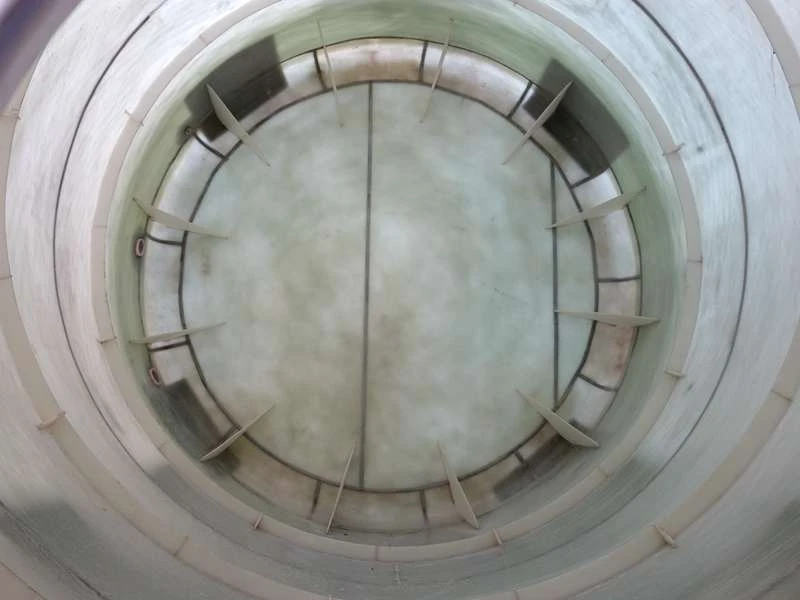
-
 Afrikaans
Afrikaans -
 Albanian
Albanian -
 Amharic
Amharic -
 Arabic
Arabic -
 Armenian
Armenian -
 Azerbaijani
Azerbaijani -
 Basque
Basque -
 Belarusian
Belarusian -
 Bengali
Bengali -
 Bosnian
Bosnian -
 Bulgarian
Bulgarian -
 Catalan
Catalan -
 Cebuano
Cebuano -
 China
China -
 China (Taiwan)
China (Taiwan) -
 Corsican
Corsican -
 Croatian
Croatian -
 Czech
Czech -
 Danish
Danish -
 Dutch
Dutch -
 English
English -
 Esperanto
Esperanto -
 Estonian
Estonian -
 Finnish
Finnish -
 French
French -
 Frisian
Frisian -
 Galician
Galician -
 Georgian
Georgian -
 German
German -
 Greek
Greek -
 Gujarati
Gujarati -
 Haitian Creole
Haitian Creole -
 hausa
hausa -
 hawaiian
hawaiian -
 Hebrew
Hebrew -
 Hindi
Hindi -
 Miao
Miao -
 Hungarian
Hungarian -
 Icelandic
Icelandic -
 igbo
igbo -
 Indonesian
Indonesian -
 irish
irish -
 Italian
Italian -
 Japanese
Japanese -
 Javanese
Javanese -
 Kannada
Kannada -
 kazakh
kazakh -
 Khmer
Khmer -
 Rwandese
Rwandese -
 Korean
Korean -
 Kurdish
Kurdish -
 Kyrgyz
Kyrgyz -
 Lao
Lao -
 Latin
Latin -
 Latvian
Latvian -
 Lithuanian
Lithuanian -
 Luxembourgish
Luxembourgish -
 Macedonian
Macedonian -
 Malgashi
Malgashi -
 Malay
Malay -
 Malayalam
Malayalam -
 Maltese
Maltese -
 Maori
Maori -
 Marathi
Marathi -
 Mongolian
Mongolian -
 Myanmar
Myanmar -
 Nepali
Nepali -
 Norwegian
Norwegian -
 Norwegian
Norwegian -
 Occitan
Occitan -
 Pashto
Pashto -
 Persian
Persian -
 Polish
Polish -
 Portuguese
Portuguese -
 Punjabi
Punjabi -
 Romanian
Romanian -
 Russian
Russian -
 Samoan
Samoan -
 Scottish Gaelic
Scottish Gaelic -
 Serbian
Serbian -
 Sesotho
Sesotho -
 Shona
Shona -
 Sindhi
Sindhi -
 Sinhala
Sinhala -
 Slovak
Slovak -
 Slovenian
Slovenian -
 Somali
Somali -
 Spanish
Spanish -
 Sundanese
Sundanese -
 Swahili
Swahili -
 Swedish
Swedish -
 Tagalog
Tagalog -
 Tajik
Tajik -
 Tamil
Tamil -
 Tatar
Tatar -
 Telugu
Telugu -
 Thai
Thai -
 Turkish
Turkish -
 Turkmen
Turkmen -
 Ukrainian
Ukrainian -
 Urdu
Urdu -
 Uighur
Uighur -
 Uzbek
Uzbek -
 Vietnamese
Vietnamese -
 Welsh
Welsh -
 Bantu
Bantu -
 Yiddish
Yiddish -
 Yoruba
Yoruba -
 Zulu
Zulu
fiberglass agitating tank
The Significance of Fiberglass Agitating Tanks in Modern Industry
In the realm of industrial processes, the significance of materials cannot be overstated. One such material, fiberglass, has revolutionized the design and functionality of various equipment, particularly agitating tanks. These tanks play a crucial role in numerous sectors, including chemical processing, pharmaceuticals, food and beverage production, and waste management.
Fiberglass agitating tanks are composed of a composite material that includes a plastic matrix reinforced with fine fibers. This unique construction provides several advantages, making them increasingly popular in numerous applications. One of the primary benefits of fiberglass is its exceptional corrosion resistance. Unlike metal tanks, which may suffer from rust and deterioration when exposed to harsh chemicals, fiberglass maintains its structural integrity even in aggressive environments. This quality is particularly beneficial in the chemical processing industry, where aggressive solvents and acids are commonplace.
Moreover, fiberglass is lightweight yet durable. This characteristic simplifies handling and installation, significantly reducing labor costs and time during the setup of processing plants. The lower weight also lessens the structural requirements for supporting systems, which can lead to further savings in construction and operational costs. The insulation properties of fiberglass also help in maintaining the temperature of the materials contained within the tank, ensuring optimal processing conditions.
fiberglass agitating tank

Another key advantage of fiberglass agitating tanks is their design flexibility. Manufacturers can easily create tanks in various shapes and sizes to meet specific production needs. This customization allows for efficient integration into existing systems without the need for extensive modifications. Additionally, the non-porous surface of fiberglass minimizes contamination risks, making these tanks ideal for industries where product purity is crucial, such as pharmaceuticals and food processing.
Agitating tanks are essential for ensuring that materials are thoroughly mixed and processed. The design of fiberglass tanks allows for various agitation mechanisms, including mechanical mixers and pneumatic agitation systems. These mechanisms ensure that materials are continually in motion, promoting uniformity and efficiency in chemical reactions or blending processes. As a result, companies can optimize their production processes, reduce waste, and improve product quality.
In conclusion, fiberglass agitating tanks are vital components in modern industrial applications. Their resistance to corrosion, lightweight nature, design versatility, and ability to maintain product integrity make them an excellent choice for industries that require reliable and efficient mixing solutions. As industries continue to evolve, the role of fiberglass agitating tanks will undoubtedly expand, contributing to innovation and efficiency in manufacturing and processing. With the ongoing demand for sustainable practices and cost-effective solutions, fiberglass tanks offer a promising avenue for businesses looking to enhance their operational capabilities while adhering to industry standards.









